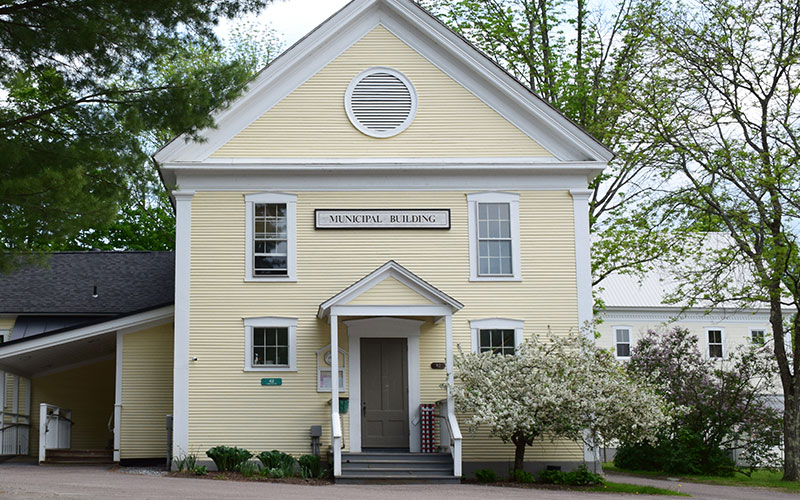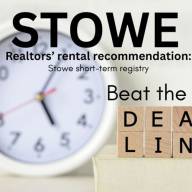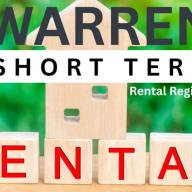As Warren moves forward with implementing its new short-term rental (STR) registry, town officials are grappling with what to charge property owners to register their rentals.
At its August 26 meeting, the Warren Select Board considered how to structure annual registration fees for the town’s 475 known STRs. While the discussion continues at the board’s next meeting on September 9, board members made clear that setting the right fee is a balancing act between fairness, simplicity, and cost recovery.
“What is the right fee to charge?” asked board vice chair Camilla Behn, who had researched STR fee structures in other Vermont towns.
Stowe charges $100 per unit. Dover and Mount Snow charge $125. Other towns, including Windsor and Ascutney, use more nuanced fee schedules, distinguishing between hosted and unhosted properties. In those towns, hosted units pay a flat rate, while unhosted units pay by the bedroom – up to $300 per bedroom. Londonderry charges $150 for hosted properties and $500 for unhosted.
$200 PER UNIT
Behn proposed that Warren charge $200 per unit for the first year, regardless of unit size or whether it is hosted (owner lives on site) or unhosted.
“That seems reasonable to me,” Behn said, while acknowledging that the fee wouldn’t fully cover the cost of implementing the registry. The town has already spent $27,000 on STR registration software, and ongoing administrative costs are expected.
Town administrator Rebecca Campbell said those additional costs could include staff time for enforcement and communications. Select board chair Devin Klein Corrigan and member Kaylee Whitehouse voiced support for keeping things simple – at least for now.
“I like the idea of graduated rates based on bedrooms,” Whitehouse said, “but that feels like a conversation for later. Let’s start with a flat fee so we can gather data.”
Klein Corrigan expressed interest in a tiered model based on bedrooms, suggesting that owners of large homes should pay more than those with one or two bedrooms.
“There’s a significant difference in revenue potential between someone renting a one-bedroom apartment and someone renting a five-bedroom home,” she said. “So, a $200 flat fee may not reflect the value derived from these properties.”
Corrigan floated the idea of charging $100 per bedroom, with a possible cap for very large homes. Behn replied that while she understood the argument, keeping things simple for the first year was key.
“The intention is to gather data,” she said. “We haven’t made a determination about impact yet, so why overcomplicate it with bedroom-based fees?”
HOSTED AND UNHOSTED
Board members also discussed differentiating between hosted and unhosted properties, a model used in other towns to reflect the increased risk or community impact of unhosted units. They noted that the town’s registry form already asks if a property is a primary residence, which could be used to help define hosting status.
Klein Corrigan added that unhosted units could be subject to more scrutiny and higher fees in future phases. “There’s more exposure, more safety concerns,” she said. “That’s something we can put on the table down the line.”
Financial projections were also part of the discussion. Klein Corrigan estimated that with 75% compliance, around 371 properties would register in the first year. That would generate about $113,200 at the $200 rate – enough to recoup the cost of the software and cover some administrative costs.
“We have $15,000 in the budget for the rest of this year,” Behn said. “But that’s not necessarily what we’ll need next year.”
One member of the public raised concerns that a $200 fee might exceed the program’s stated goal of cost recovery, effectively making it a profit center. Board members pushed back, noting that enforcement, staff time, and software all come with real and ongoing costs.
The board will continue the discussion with members Joel Taplin and Harvey Blake when it reconvenes on September 9.













